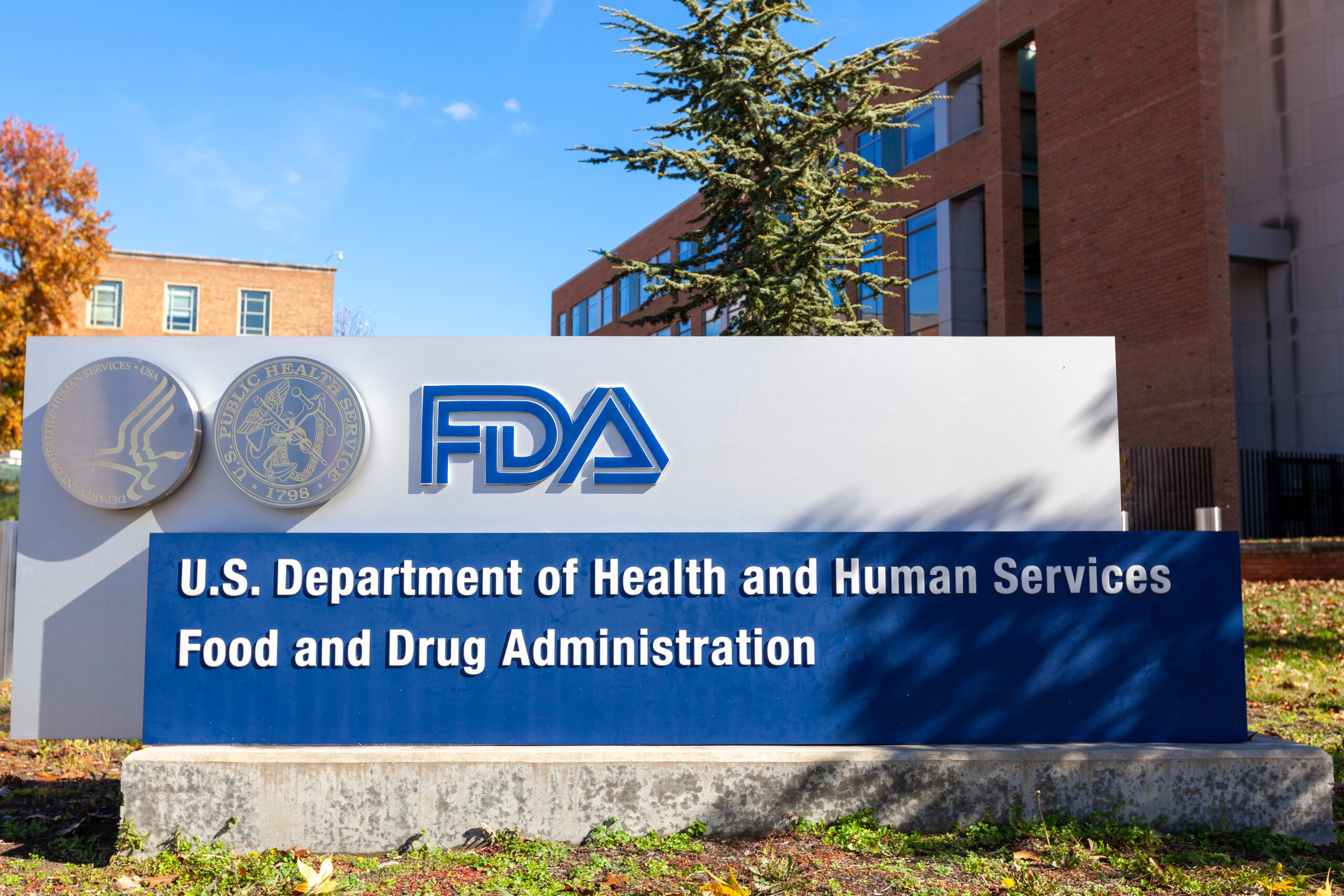Netherlands-based biotech Dezima, have accepted a $1.55 billion deal from Amgen which includes the acquisition of the company’s midstage low-density lipoprotein cholesterol (LDL-C) treatment. The announcement closely follows the FDA’s approval of Amgen’s cholesterol-lowering drug, PCSK9 inhibitor (Repatha).
Amgen has agreed to pay $300 million up front for the Dutch biotech, with the remaining $1.547 billion to be payed following the completion of specific milestones. The deal was made in an effort to bulk-up Amgen’s cardiovascular drug portfolio.
Dezima’s midstage drug – identified as TA-8995 – is a cholesteryl transfer protein (CETP) inhibitor, and the drug of interest driving the acquisition. The drug has shown success in treating a symptom-less disease characterized by deviations in serum lipid levels – called dyslipidemia – by reducing the concentration of LDL-C by as much as 48%, while simultaneously increasing levels of the so-called “healthy” cholesterol, high-density lipoprotein (HDL).
Sean Harper, the research chief at Amgen said, “TA-8995 has demonstrated dramatic LDL-C lowering. With a portfolio of TA-8995 and Repatha, our recently launched LDL-C lowering PCSK9 inhibitor, we will be able to offer more treatment options with different mechanisms of action and modes of administration across varying LDL-C levels and risk profiles.”
According to Robert Bradway, chairman and chief executive officer at Amgen, Dezima’s drug will be a welcome addition to company’s cardio drug offerings, which includes the heart health drug, Corlanor (ivabradine). Industry insiders expect Repatha to become a blockbuster drug, despite the competition from similarl therapies developed by Regeneron and Sanofi.
Dezima originally in-licensed its cholesterol-lowering drug from Japan-based Mitsubishi Tanabe. Multiple pharma companies – including Roche and Pfizer – have also been developing their own CETP inhibitors. Eli Lilly and Merck also have drugs aimed at increasing HDL levels, in the pipeline.
Sources:
- Building its cardio drug portfolio, Amgen bags Dezima in $1.55B deal – http://www.fiercebiotech.com/story/building-its-cardio-drug-portfolio-amgen-bags-dezima-155b-deal/2015-09-16












Join or login to leave a comment
JOIN LOGIN